Premium Only Content
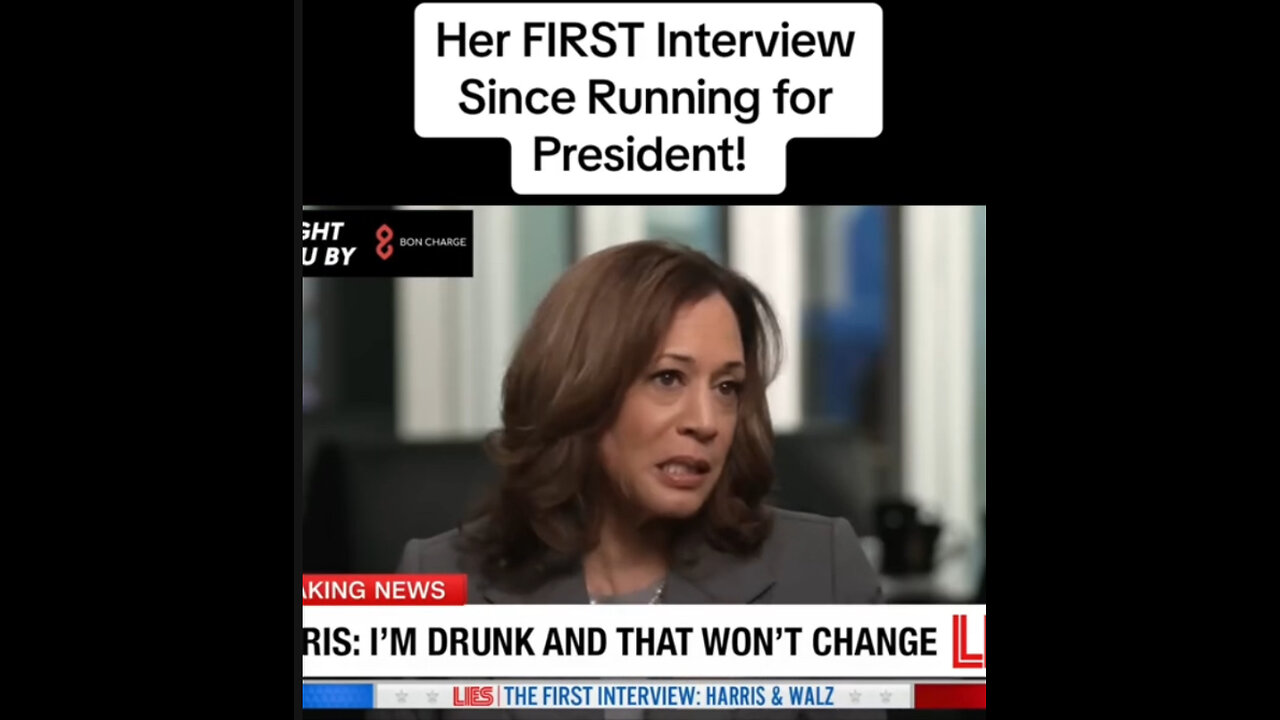
The Illusion of Power: Politics as a Stage, Control as the Script
The world of politics is often viewed as a chaotic, ever-shifting battlefield where different ideologies clash and power changes hands from one election to the next. However, when we look deeper into the mechanics of global power structures, it becomes clear that the surface drama we witness—whether in debates, speeches, or policy shifts—is just one part of a much larger and more controlled system. In this article, we’ll explore the deeper layers of this system, the mechanisms behind the political spectacle, and the broader implications of control over public consciousness.
The Theater of Politics
When we think of politics, we often imagine politicians battling each other, each side claiming to stand for truth, justice, and the common good. But what if much of this is simply a performance? Politics, especially in the modern age, functions more like a grand theater production, with carefully selected actors and scripted narratives designed to give the illusion of choice, debate, and progress.
The concept of manufactured consent, a term coined by intellectuals such as Noam Chomsky, highlights how governments and media work together to shape public opinion, often steering it toward pre-determined conclusions. We are presented with debates that seem profound, but they may actually divert our attention from the real issues that matter. This leads to the question: How much of what we witness in politics is real, and how much of it is crafted to keep the system intact?
The Power of Distraction
One of the key strategies of this system is distraction. By keeping the public engaged in heated debates over specific political figures or policies, the overarching control mechanisms remain hidden. Scandals, viral soundbites, and sensationalized news dominate the headlines, yet they rarely address the deeper systemic issues that affect society.
For example, consider the cyclical nature of election campaigns. Politicians make promises that are often grand and appealing, yet many of these promises remain unfulfilled once they take office. The disappointment that follows serves to fuel another cycle of public frustration, leading to a sense of dependency on the very system that perpetuates these problems. The constant shift of attention between issues like economic reform, healthcare, or immigration policies diverts focus from the structural mechanisms that maintain economic inequality, corporate influence, and media manipulation.
The Role of Media in Shaping Reality
The media, which is supposed to serve as a watchdog and the voice of truth, often plays a critical role in maintaining this illusion of power. In recent decades, media ownership has consolidated into the hands of a few powerful corporations, creating a situation where the news that reaches the public is filtered and shaped to fit particular narratives. This leads to the prevalence of manufactured news cycles that cater more to entertainment and emotional engagement than to providing a comprehensive understanding of political realities.
Additionally, the rise of social media algorithms has made it easier than ever to shape public discourse by controlling what information is most visible to people. Algorithms prioritize content that generates engagement—often polarizing and emotional material—while deeper, more nuanced discussions are sidelined. This creates echo chambers where people are more likely to encounter information that reinforces their existing beliefs, rather than being exposed to diverse viewpoints. In essence, it narrows the window through which we view reality.
The True Holders of Power
Behind the curtain, power often lies not in the hands of elected officials but in influential corporate interests, lobbyists, and international financial institutions. These entities wield significant control over global economics, resource distribution, and policy direction. While politicians may act as figureheads, their ability to create real change is often limited by these entrenched power structures.
In the United States, for example, lobbying groups representing industries such as pharmaceuticals, oil, and finance have significant sway over legislation. This creates a system where laws and policies are often crafted to benefit large corporations rather than the average citizen. Moreover, political donations and super PACs further ensure that corporate interests maintain a strong grip on the political process.
This reality is not unique to the United States; similar dynamics can be observed in many other nations where oligarchic elites hold significant influence over the government, economy, and media. As a result, elected leaders may have less autonomy than we assume, operating within a system that prioritizes the interests of the few over the needs of the many.
The Public’s Role in Perpetuating the System
Interestingly, while we often think of the public as victims of this system, it is also important to recognize the role we play in perpetuating it. As citizens, we are conditioned to view political participation through the lens of elections, debates, and media consumption. While these elements are essential to democracy, they can also limit our understanding of our own power.
One of the most effective tools of control is disempowerment—making people feel that they have little ability to influence change beyond casting a vote or posting on social media. This sense of powerlessness keeps people disengaged from the deeper work of building community, organizing for systemic change, and challenging the fundamental structures that keep the system intact.
Real power comes from grassroots organizing, collective action, and a willingness to question the assumptions we hold about society. While the political system may seem immovable, history shows that when people come together with a shared vision and purpose, significant change can occur. However, this requires breaking free from the narratives that keep us divided and distracted, and focusing instead on the common ground we share.
Moving Beyond the Illusion
So, what can we do to move beyond this illusion of power and reclaim a more authentic form of democracy? The first step is recognizing the tools of control that are used to manipulate public perception. By becoming more critical of the media we consume, the political figures we support, and the systems we engage with, we can begin to see through the narratives that have been carefully constructed.
It also requires a shift in consciousness—an understanding that real change comes from within communities, not from top-down political structures. We must invest in local organizations, mutual aid networks, and alternative systems of governance that prioritize people over profit.
Ultimately, the goal is to create a society where power is decentralized and where individuals have a direct say in the decisions that affect their lives. By challenging the narratives that keep us trapped in cycles of distraction and disempowerment, we can begin to build a more just and equitable world.
Conclusion
The theater of politics is a carefully crafted illusion, designed to distract and pacify while the real mechanisms of power operate behind the scenes. As long as we remain caught in this cycle of spectacle and distraction, true change will remain elusive. But by questioning the system, organizing at the grassroots level, and building alternative structures of power, we can begin to dismantle the facade and create a world that serves the interests of all, not just the few.
The journey toward this deeper understanding and more equitable society begins with a shift in our perspective—from passive observers of the political stage to active participants in shaping our collective future.
-
 1:40
1:40
FragmentsOfTruth
6 hours agoDenied Life Insurance Over COVID Vaccine? The Shocking Legal Loophole
58 -
 LIVE
LIVE
Scottish Viking Gaming
7 hours ago💚Rumble :|: Sunday Funday :|: Smash the Blerps and Vape the Terpes
1,583 watching -
 1:03:32
1:03:32
Winston Marshall
3 days ago"War On Children!" The DEMISE Of The West Starts With Schools - Katharine Birbalsingh
45.2K37 -
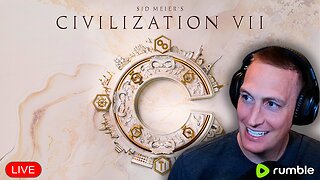 1:45:00
1:45:00
RG_GerkClan
8 hours ago🔴LIVE Sunday Special - It's Time for World Domination - Civilization VII - Gerk Clan
36.7K10 -
 LIVE
LIVE
Major League Fishing
4 days agoLIVE Tackle Warehouse Invitationals, Stop 1, Day 3
235 watching -
 23:34
23:34
marcushouse
9 hours ago $11.50 earnedBREAKING: Starship Launch IMMINENT – But What’s This SURPRISE Flight 9 Plan?! 🚀🔥
71.8K9 -
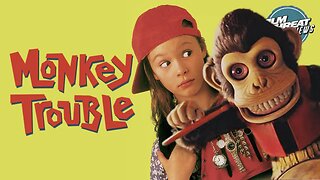 8:43
8:43
Film Threat
1 day agoTHE MONKEY | Film Threat Reviews
72.5K2 -
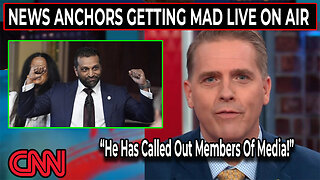 15:55
15:55
TSPLY
1 day agoThe Media Is Very Afraid Of FBI Director Kash Patel
55.1K41 -
 6:57
6:57
Cooking with Gruel
22 hours agoMake Cheese Great Again
43.3K13 -
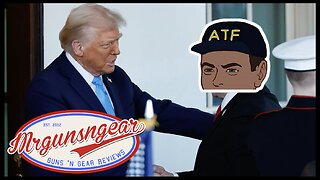 5:17
5:17
Mrgunsngear
1 day ago $8.45 earnedPresident Trump Has Appointed A New ATF Director
47.9K37